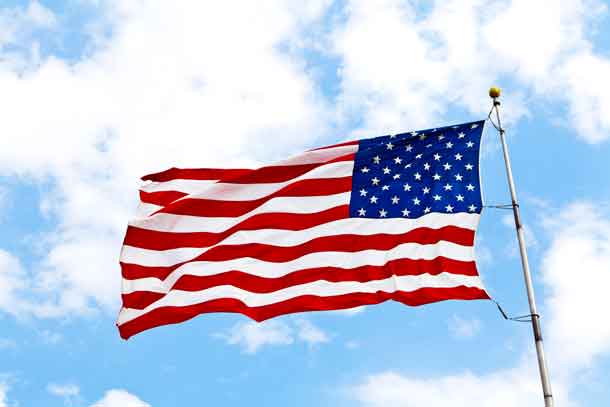THUNDER BAY – LEGAL – Canada’s Parliament has passed legislation which will legalize recreational use of cannabis. This legislation is expected to come into force in October 2018. There are likely implications for Canadian travellers headed to the United States once this new law is in effect.
There is a lot of speculation surrounding how it will impact travel to the U.S. Experts are predicting that Customs and Border Protection (CBP) will ask travelers if they have ever smoked marijuana in the past. Rosanna Berardi, Managing Partner, at Berardi Immigration Law in Buffalo, New York says, “Travelers must be very careful when answering this question. We have seen CBP deny travelers entry to the U.S. if they answer ‘yes’ even if the incident was 25 years ago.”
“The current U.S. immigration law states that a person may be inadmissible to the U.S. if he or she has been convicted of a crime OR admits to having committed acts which constitute the essential elements of a crime. CBP has taken the last portion of this law and has denied entry to the U.S. for individuals who admit to smoking marijuana, adds Berardi. “Based on this logic, Prime Minister Justin Trudeau would be denied admission to the U.S.”
So how should a traveler answer this loaded question? Ms. Berardi advises, “Travelers must always tell the truth. However, it’s important for travelers to know their rights at the border.” In order to be rendered inadmissible from the U.S. for a mere admission of a criminal offense, CBP must: 1) place a traveler under oath, advise that it’s illegal to smoke marijuana in the U.S. and provide the traveler with a definition and essential elements of the federal/state law prohibiting marijuana use and 2) the traveler must freely admit that he/she has committed each element of the offense. Unless CBP follows these steps, travelers cannot be refused admission to the U.S. for merely admitting to the use of marijuana.
Ms. Berardi states, “there will be great uncertainty at the border once marijuana is legalized in Canada. Travelers need to be prepared and think about how they will answer CBP’s inspection questions.” It is critical to have a plan in place.







